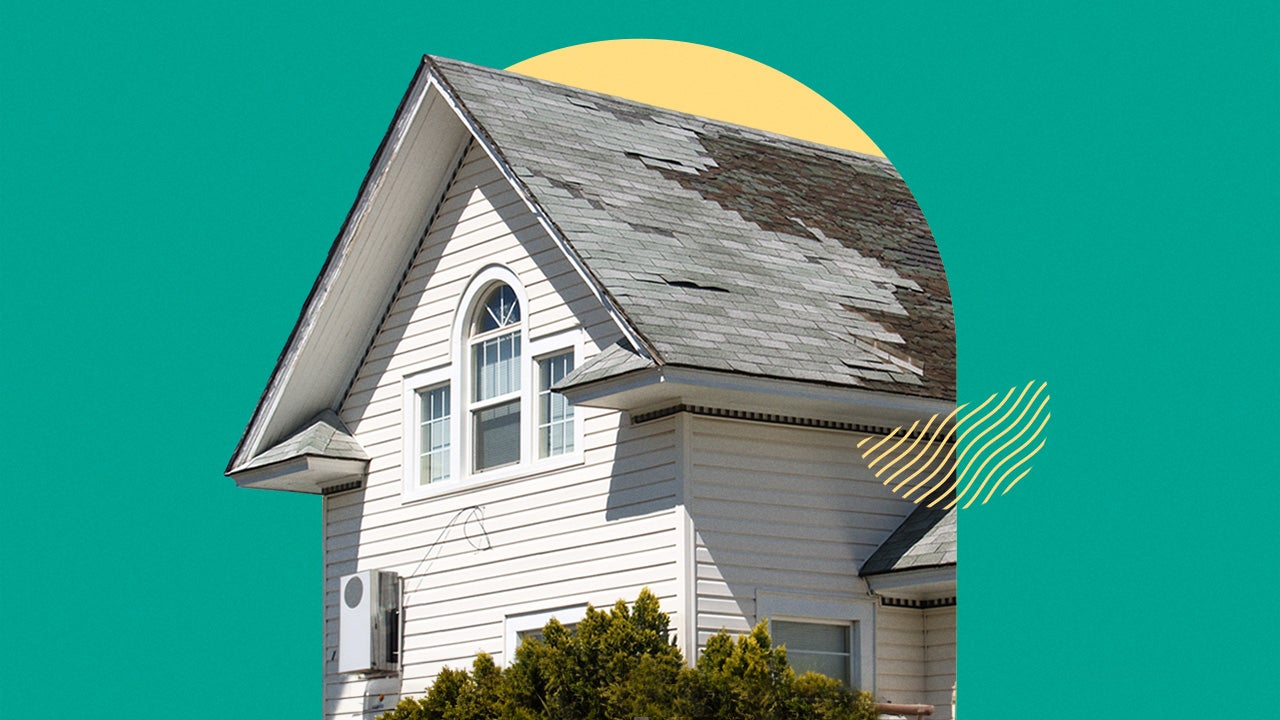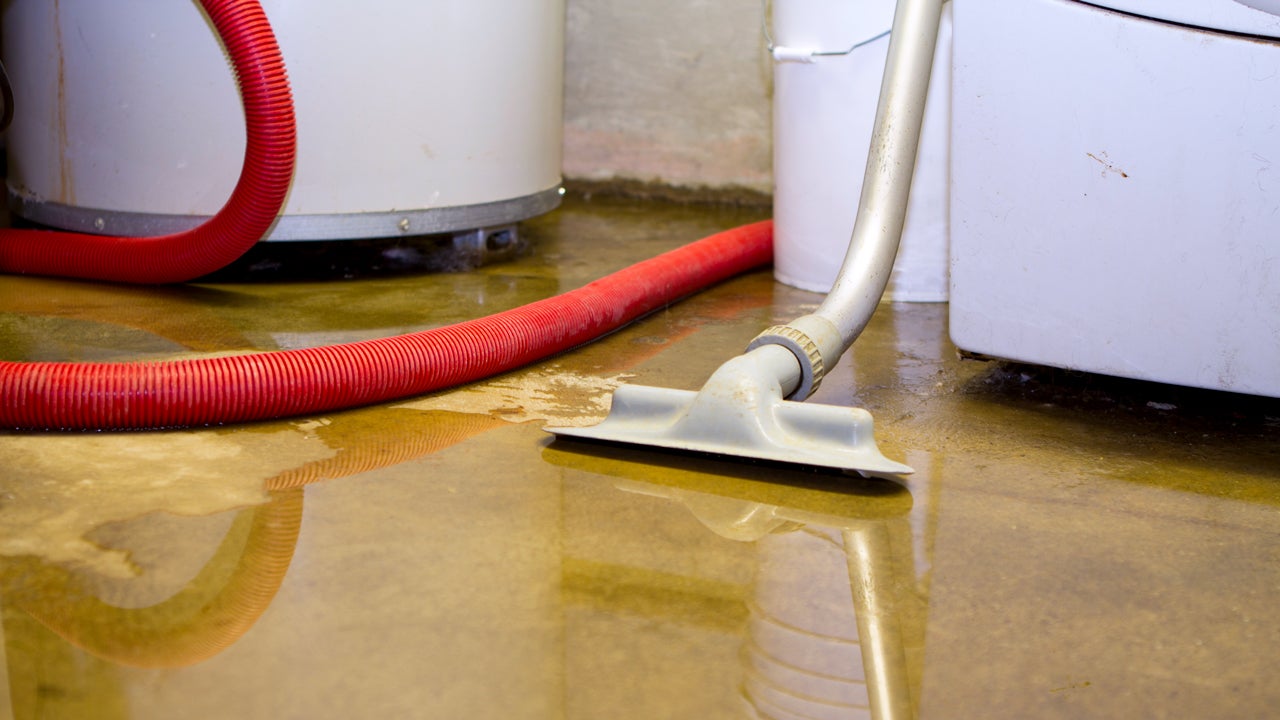Homeowners insurance policy endorsements

A standard home insurance policy is often enough coverage for many homeowners, but there are cases where you may want to customize your policy. Endorsements allow you to add to your existing homeowners policy, tailoring it to your needs. Before you purchase endorsements, you may want to go over your policy with your insurance agent in order to determine if you already have the coverage you want. You should also realize that endorsements will make your premium increase, and endorsement offerings vary by provider, so if you’re looking for a specific type of policy addition, you might have to change carriers.
What is a home insurance endorsement?
A home insurance endorsement is a change to the policy that modifies or endorses the existing policy without having to renew or replace it. Homeowners insurance endorsements can also be called riders or add-ons. They are optional coverage types that enhance your policy, usually at an added cost. Making them optional allows insureds who do not need the coverage to opt out and save money rather than pay for coverage that they do not need. Note that available endorsements will vary by company, and some coverage types that are endorsements with certain carriers may be automatically included in standard policies from others.
Common types of homeowners insurance endorsements
One common use of endorsements is to provide additional coverage for specific perils that are often excluded from a standard home insurance policy. Another frequent practice is to include coverage for specific possessions that would not usually be financially protected. Whether you’re looking to add coverage for earthquakes, valuable art and jewelry, or an expensive aspect of your garden landscaping, endorsements may be one way to accomplish that. Some of the most common home insurance endorsements are included below.
Earthquake insurance
Some homeowners are surprised to learn that earthquake damage isn’t typically included in standard homeowners insurance policies. To avoid paying out of pocket for costly damage after an earthquake, you may want to assess your property’s risk to determine if you should get earthquake insurance. This endorsement can offer peace of mind if you live near major fault lines. We should note that California has the highest earthquake risk, so many lenders require this separate coverage if financing a home. As such, the state offers earthquake insurance through the California Earthquake Authority or private insurers.
Learn more: Guide to earthquake insurance.
Windstorm coverage
Many types of wind damage are covered in standard home insurance policies. However, some parts of the country are less likely to include this coverage by default. Not only that, but the coverage in standard plans often excludes certain types of wind damage. For example, tornadoes and hurricanes are often excluded but can often be added onto policies through this type of endorsement. Many standard policies also exclude named storms unless modified through endorsements.
Learn more: Guide to windstorm insurance.
Sewer backup/water backup coverage
Because these damages often fall under the category of things that can be prevented through regular maintenance, they are usually excluded from standard home insurance. Yet, water and sewer backups do happen, and for a variety of reasons. City infrastructure and local weather events can sometimes combine to contribute to sewer backups. This endorsement adds coverage for many of the damages and costs related to sewer backups.
Learn more: Guide to sewer and water backup insurance.
Personal property replacement cost coverage
While most standard home insurance policies include personal property coverage, replacement cost coverage isn’t included in all home insurance policies. This additional personal property coverage may ensure that you can pay to replace your personal items at the current market value, rather than depreciated cash value following a covered loss. For example, imagine you have a five-year-old television that is destroyed during a covered peril. Replacement cost coverage may provide enough coverage for you to buy a new television rather than simply paying the estimated value of the old television. This may save you from paying the gap between the old television’s cash value and the value of a new one out of pocket.
Learn more: Guide to personal property replacement cost insurance.
Sinkhole coverage
It’s common for damages from sinkholes to be excluded from standard home insurance policies. While rare in most areas, sinkholes can lead to expensive repairs if they do occur. States with karst landscapes—soluble carbonate rock topography—are more susceptible to sinkholes than other states. With this endorsement, your policy will cover damages caused to your home and possessions by a sinkhole. This type of coverage may also pay towards repair costs for your foundation and for stabilizing the affected ground around the damaged area.
Learn more: Guide to sinkhole insurance.
Service line coverage
Service line endorsements may help cover the costs if your service lines are damaged. This coverage may include phone and power lines as well as sewer, gas and water pipes. Many standard home policies do not fully cover the repair or replacement of these items. These endorsements only cover the service lines up to the edges of your property and stop where city property begins.
Identity theft coverage
Having your identity stolen might not seem like something to take out insurance for, but the policy savings can be invaluable. Not having to worry about financial repercussions while you work with your bank or creditors to restore your identity is also useful. With identity theft insurance, you might receive reimbursement for account fees, attorney fees, replacement IDs like your passport or driver’s license and even lost wages caused by taking time off work to restore your identity. This endorsement might include credit monitoring or fraud specialist assistance.
Learn more here: Guide to identity theft insurance.
Valuables coverage
While it’s standard for home insurance policies to cover stolen or damaged property up to a dedicated amount, that amount may not always be enough. You might consider insuring expensive possessions, like jewelry and high-end electronics, with additional coverage limits. Due to these items’ higher value, a standard policy may only cover up to a fraction of their cost. With a scheduled personal property coverage endorsement, you can add specific items at their full value.
Learn more here: Guide to scheduled personal property insurance.
Guaranteed replacement cost coverage
Although a standard home insurance policy’s dwelling coverage is designed to cover the cost to rebuild your home, it is often based on the actual cash value rather than the replacement cost, which is the amount of repairs or replacement minus depreciation. Since prices can go up, you might find it costs you more to actually make the repairs or necessary replacements. This is where guaranteed replacement cost coverage can be useful. With this endorsement, your insurance provider guarantees that with a covered claim, it will repair or replace your home, even if the costs are higher than your coverage limits.
Learn more here: Guide to home insurance replacement cost coverage.
Home business coverage
Even though you might have standard home insurance, it typically doesn’t protect a business operation you run out of your home. Many insurance providers allow you to purchase an additional home business policy that covers using your home as a business space and the equipment you use for work. Some home business policies might also include general liability insurance, professional liability insurance, business interruption insurance and more. Since home businesses are unique, you may want to speak to an insurance agent to find the best coverage for your company.
Learn more here: Guide to business insurance.
Other homeowners insurance endorsements
There are many home insurance endorsements beyond what has been covered here. Some may be unique to a few niche insurers, while others are more widespread. When shopping for insurance coverage, you could consider speaking to a licensed agent from your insurance company to help you make the most of your future policy. If you don’t have a policy yet or are planning to switch providers, consider comparing endorsement options from some of the best home insurance companies to find the best coverage and rate for you.
- New home construction endorsement: A dwelling under construction endorsement pays for damage to your home while it’s being built. It also covers the building supplies.
- Functional replacement cost: Instead of replacing a specific item, this helps you replace the function of that item. This endorsement allows for a lower valuation of items than standard replacement costs, although it must meet roughly the same level of function as the original.
- Assisted living facility coverage: These endorsements may help cover a loved one’s basic living expenses if they need assisted living accommodations.
- Ordinance or law coverage: This coverage pays for the extra construction costs to comply with local building ordinance or law codes if your home needs to be repaired or rebuilt after a covered loss. If you live in an older home or in a state that has strict building code requirements, you might consider adding this endorsement to your home policy.
- Inflation guard coverage: This coverage adjusts at every renewal period to ensure that your home’s replacement cost increases to account for inflation, which can make labor and building costs more expensive. Keep in mind that this endorsement will increase your premium since your coverage limits will increase.
- Matching materials coverage: Not every homeowner might need this endorsement, but policyholders with older or historic homes could find the coverage invaluable. With this rider, the insurance provider will pay for replacement materials that most closely match the home’s quality and type. For homes built with unique or more expensive materials, this coverage could be very useful.
Frequently asked questions
Why we ask for feedback Your feedback helps us improve our content and services. It takes less than a minute to complete.
Your responses are anonymous and will only be used for improving our website.
You may also like

What does homeowners insurance cover?

Does homeowners insurance cover water damage?


How to switch home insurance companies


